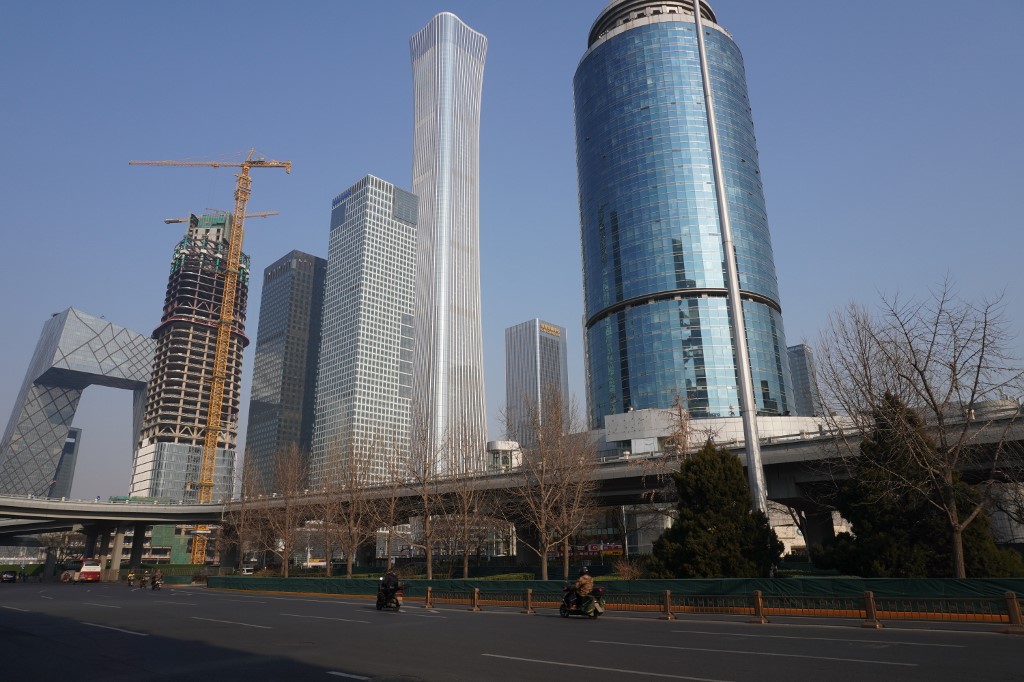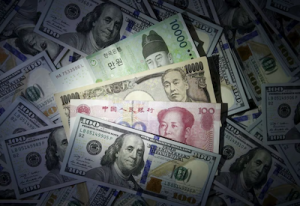(AF) Marking an historic breakthrough, the amount of domestic and foreign bond-financed real estate debt maturing in January is set to be about 144.7 billion yuan ($22.4bn) – an increase of 118.9% year-on-year, despite the sector being beset with default issues.
These worrying amounts of debt now have Chinese officials poised to expand their ‘Three Red Lines’ regulatory framework.
In August 2020, the ‘Three Red Lines’ policy – a liability to asset ratio, excluding advance receipts, of less than 70%; a net debt ratio of less than 100%; and a ratio of more than 1x in terms of cash to short-term debt – was being piloted for 12 real estate companies.
Now it could be rolled out further.
Read more: Chinese investment in Australia plunges as relations sour
Also, the country’s supervisory authority has since implemented historically stringent requirements for reducing leverage and debt relief.
From a corporate perspective, according to china.com, Greenland Holdings has the highest total due in January, with bonds due to reach 10 billion yuan; followed by R&F Properties, with a scale of 9.6 billion yuan, also exceeding 3 billion yuan.
With the increase in funding pressure, the number of defaults on credit bonds for real estate enterprises has also increased.
Public data shows that there will be 222 defaulted bonds by real estate companies in 2020, which is about four times that of 2019.
Among them, the sum of bonds defaulted by key real estate companies will be close to 17 billion yuan. Tahoe Group, Tianfang Group, Xinhualian, Fusheng Group and Sansheng Hongye are all on the list.
OVERDUE DEBT
In addition, the 100-billion-level real estate company China Fortune Land Development also issued an announcement in early February, stating that the amount of principal and interest involved in its overdue debt was 5.255 billion yuan.
The intensive issuance of real estate companies began in 2015, and the general corporate bond issuance period is three to five years, especially after the domestic bond issuance was restricted at the end of 2016.
In 2017, real estate companies began to issue a large number of bonds overseas, focusing on repayment in the next three years. This means that there may be more bond defaults in the future. But worried regulators are now poised to step in.
• Chris Gill
This report was updated on January 7, 2021 for a style upgrade and clarity.
Also on AF:
US Calls Grow to Boycott China’s 2022 Winter Olympics
White House Set to Apply Trump Rule on Chinese Tech
























